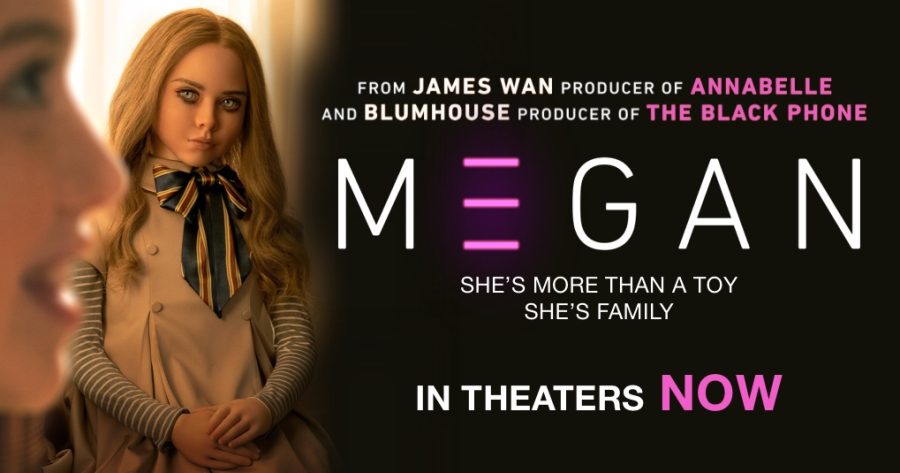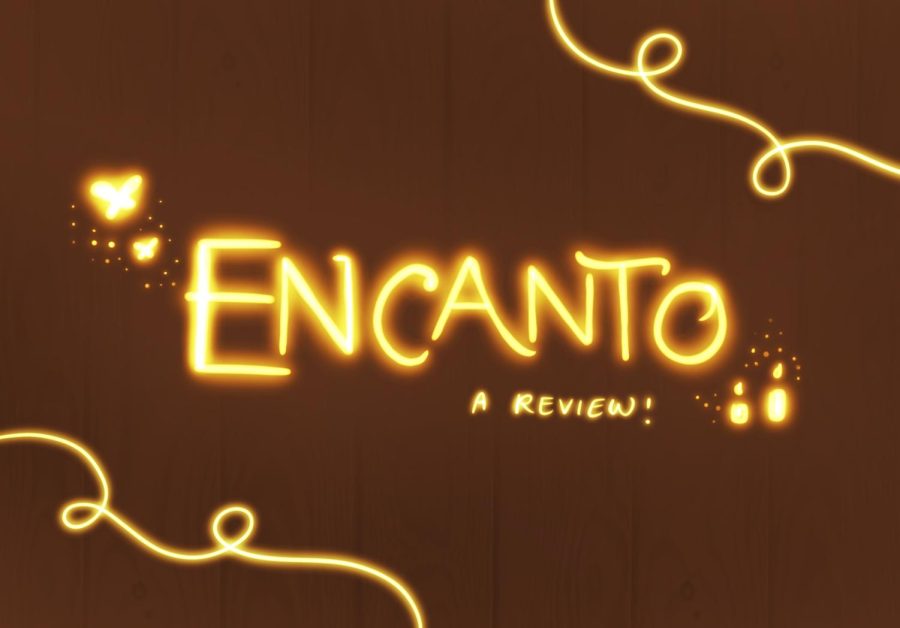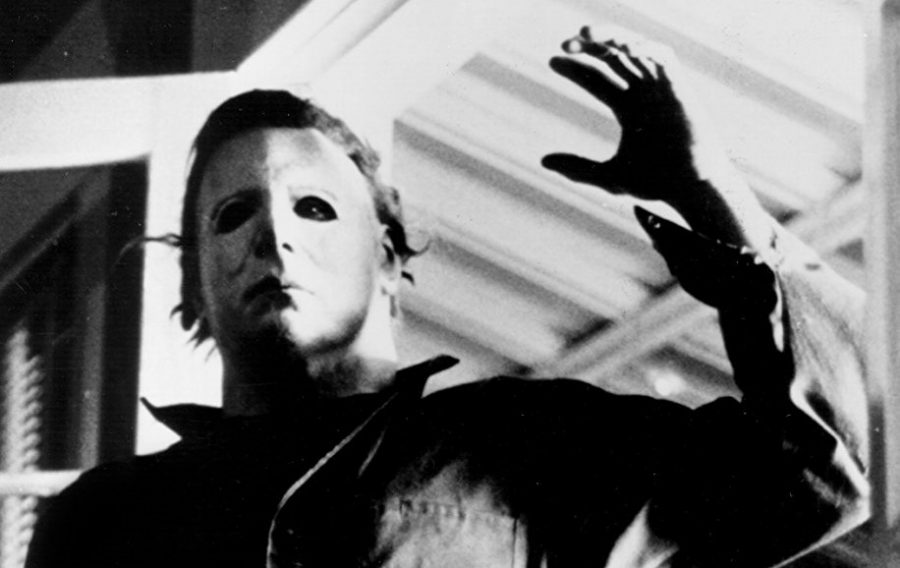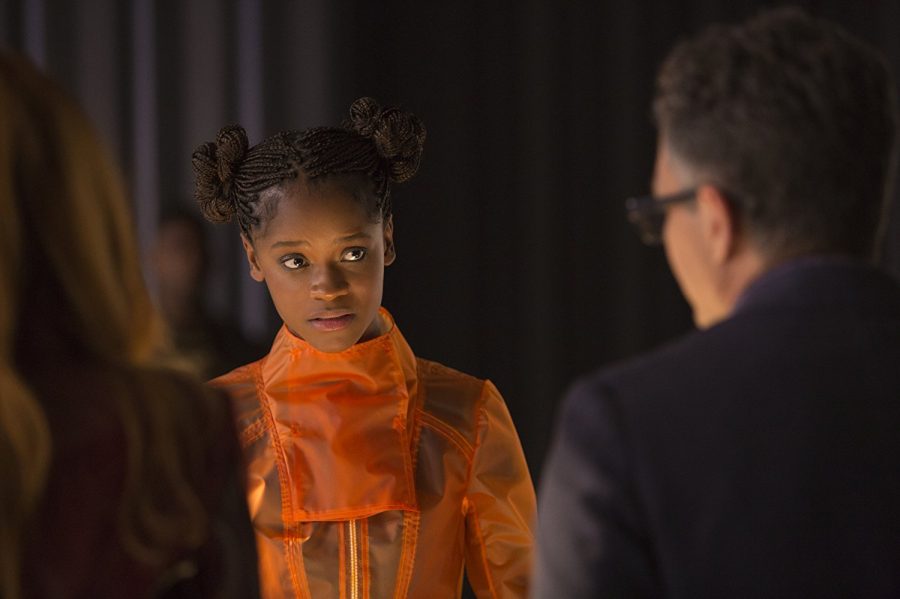The concept of life can feel distant and, at times, unattainable. Some view life as a ticking time bomb. Each minute that passes is one that will never be reversed. Others view it as a mystery. The unknown of life keeps it exciting. Pixar’s perception of life is brought to, well, life, through the ethereal color palette and abstract realm of “Soul.” Is it so bold to not consider this film fantasy, when in actuality, we won’t know until our hourglass runs dry?
Pixar Animation Studios newest film, “Soul”, was released to Disney+ on Dec. 25, 2020, and was directed by Pete Doctor, who is also known for his work on “Monsters Inc.” (2001), “Up” (2009), and “Inside Out” (2015). “Soul” follows the passions and day-to-day life of middle school band teacher Joe Gardner — voiced by Jamie Foxx — as he finds confinement within his borders. He dreams of becoming a musician, immersing his jazz talents into crowded auditoriums and the pale glow of spotlights. However, this dream turns out to be his downfall when he finds himself plummeting down the depths of murky sewage after stepping into an opened manhole.
Joe falls into the vast, desolate landscape of death after receiving the gig he had sought for so long: a full-time job offer and an opportunity to play with a band led by New York’s prime saxophonist Dorothea Williams, voiced by Angela Bassett. Constantly chasing after gigs and toying with his dream lifestyle led Joe down the rabbit hole, though instead of Wonderland — a place flourishing with talking cats and taunting flowers — Joe finds himself in the Great Beyond, the animation studio’s depiction of the realm before death. Joe is merely a white outline contrasting the black setting behind him as he travels down a conveyor belt-like contraption toward a glowing, dense, white source.
His meekness amid the vast space symbolizes his disorientation in his New York life, as he lost touch with life’s simple truths. He refuses to accept his ill-timed fate, leading him to a land called the Great Before, a realm where souls stay before coming to live on earth. The minimalist, pastel palette of the Great Before bespeaks its innocence as new souls bound upon clouds and gelatinous structures. Their time in this realm is dedicated to obtaining their “Earth Pass,” which grants them the chance to start a new life on Earth.
Bobbling buds of blue souls traverse the pink clouds as fluid white lines coalesce to form the counselors, all of which are named Jerry, voiced by Alice Braga, Richard Ayoade, and Wes Studi. The counselors tend to the new souls in the Great Before. Aside from the Jerry’s, Terry, a short and stubby white-outlined figure with plenty of pent-up passive aggression, is responsible for keeping count of the entrances into the Great Beyond. When her abacus suggests that her count is askew, she unleashes her aggression as she strives to get to the bottom of the mix-up.
Pixar has brought us whimsical answers to the questions we have asked ourselves since pre-school. For instance, we have all wondered if there was a devilish monster in our closets. Pixar explores this question in the form of a spherical green Mike and a fluffed, spotted Sully. In “Inside Out” Pixar turned human emotions into characters, giving these feelings dialogue and movement. Though “Soul” tackles one of the most ambitious questions to answer within one film: what does it mean to live? I still have yet to answer this question after 140,256 hours of life, so it bewilders me how it was executed inventively and clearly in just one hour and 47 minutes.
New York’s concrete walls and bustling activity set the scene for the film, where Joe and one of the new souls, 22, voiced by Tina Fey, both end up on the Earth, but not in the way they expected. It is through their new, fresh perspective as they encounter yellow taxi cabs, foot traffic, pizza stands, and dimly lit subway stations that the beauty of it all unveiled. “Soul” brings life to life. Really, it brings comfort and beauty into our day-to-day routines.
This film also dissects the idea of purpose. In the Great Before, before new souls receive their “Earth Pass,” they must find their spark (the last emblem to fill after receiving their four main personalities). New souls pair up with mentors who help them find this spark by training them in various activities ranging from singing to archery. Desperate to return to Earth, Joe becomes a mentor hoping that the soul he is coupled with will give him his “Earth Pass,” so he can return to his body to fulfill his dream. But complications arise: 22 does not want to go to Earth and has tried countless times to find a spark. This conflict sends them both plummeting towards Earth, yet in a body switch that they must fix in order to set things back to normal.
“Soul” hones the perception of what one’s purpose is, as Joe feels his sole purpose for living is to be a jazz musician. When he plays, he gets lost in the “zone,” a displacement from his reality. There, he steeps in a passion which takes the form of a swirling purple radiance. Some find themselves so obsessed with obtaining this sense of immersion within passion that they lose sight of the rest of what life has to offer, causing their souls to become lost. This is represented by once-celestial beings as looming, ashy gray monsters of dust. “Soul” warns viewers that if they become so obsessed with achieving one set goal, they will become blind to the other wonders life instills with each sunrise and sunset.
Aside from taking steps towards reimagining what a family animated movie can be, “Soul” is taking strides towards inclusivity, for it is the first of Pixar’s 23 movies that have a Black lead and an accompanying majority Black cast.
However, the ending of this film fell short. Though the course of the movie built anticipation for a consummate ending, the true ending felt rushed. As the viewer is continuously connecting to Joe, his life and story seem ancillary to the new soul, 22, that he picked up along his journey.
Still, Pixar ambitiously took on one of life’s most enduring questions head-on. “Soul’s” plot plays out beautifully as the viewer becomes enthralled in the well-paced and entertaining plot, while also leaving time for personal reflection on how the characters view each day. “Soul” truly is a film for all ages. Younger kids will find humor from jokes and pizza farts, while young adults and adults will connect to this film on a deeper level. They will relish in the charm of this movie, one which perfectly sums up the value of stepping out of that goal and career-oriented mindset, and opening our eyes to the simple, yet most valuable things life bestows upon us each day. The title of this movie speaks for itself –– it’s a feel-good film that elicits joy through comforting jazz tunes and city life, all while executed in a manner of both skill and artistry.
Truths Found In Ethereal Realms
Pixar’s “Soul” elicits life’s most trying question: What does it mean to live?
February 3, 2021
Categories:
0
Donate to THE MUSE
$1488
$5000
Contributed
Our Goal
Your donation will support the student journalists of Dreyfoos School of the Arts. Your contribution will allow us to purchase equipment and cover our annual website hosting costs.
Navigate Left
-
 ENTERTAINMENTWhy Some Movies Last Forever
ENTERTAINMENTWhy Some Movies Last Forever -
 ENTERTAINMENTAll I Want for Christmas: A Holiday Gift Guide
ENTERTAINMENTAll I Want for Christmas: A Holiday Gift Guide -
 ENTERTAINMENTNot Your Maman’s Coffee
ENTERTAINMENTNot Your Maman’s Coffee -
 ENTERTAINMENTTuning Up SunFest
ENTERTAINMENTTuning Up SunFest -
 ENTERTAINMENTThe Appeal of SunFest
ENTERTAINMENTThe Appeal of SunFest -
 ENTERTAINMENTGive ‘The Tortured Poets Department’ Another Listen
ENTERTAINMENTGive ‘The Tortured Poets Department’ Another Listen -
 ENTERTAINMENTSpirit Week Mini Crossword #3
ENTERTAINMENTSpirit Week Mini Crossword #3 -
 ENTERTAINMENTSpirit Week Mini Crossword #2
ENTERTAINMENTSpirit Week Mini Crossword #2 -
 ENTERTAINMENTSpirit Week Crossword
ENTERTAINMENTSpirit Week Crossword -
 ENTERTAINMENTSpirit Week Mini Crossword #1
ENTERTAINMENTSpirit Week Mini Crossword #1 -
 FilmM3GAN: A Killer Good Time
FilmM3GAN: A Killer Good Time -
 FilmIt’s Not Perfect, But That’s the Point
FilmIt’s Not Perfect, But That’s the Point -
 FilmThe Band of Misfits Take the Road
FilmThe Band of Misfits Take the Road -
 Film"AVENGERS: ENDGAME" MOVIE REVIEW AND QUIZ
Film"AVENGERS: ENDGAME" MOVIE REVIEW AND QUIZ -
 Film"ISN'T IT ROMANTIC" MOVIE REVIEW
Film"ISN'T IT ROMANTIC" MOVIE REVIEW -
 FilmCULT CLASSIC HORROR MOVIES
FilmCULT CLASSIC HORROR MOVIES -
 FilmINFINITY WAR: REVIEW
FilmINFINITY WAR: REVIEW -
 Film"BLACK PANTHER" BREAKS BARRIERS
Film"BLACK PANTHER" BREAKS BARRIERS -
FilmWHAT TO LOOK FORWARD TO IN 2018
-
 FilmTOP HITS OF 2017
FilmTOP HITS OF 2017 -
 Top StoriesWhere the Classroom Meets the Court
Top StoriesWhere the Classroom Meets the Court -
 Top StoriesPolitics is BRAT
Top StoriesPolitics is BRAT -
 Top StoriesFinding the Perfect Palm Beach
Top StoriesFinding the Perfect Palm Beach -
 Top StoriesServing Up for Senior Night
Top StoriesServing Up for Senior Night -
 Top StoriesThe Art of Testing
Top StoriesThe Art of Testing -
 Top Stories'One Singular Sensation'
Top Stories'One Singular Sensation' -
 Top StoriesSpringing Onto the Stage
Top StoriesSpringing Onto the Stage -
 Top StoriesBrushstrokes, Burnout, and Balance
Top StoriesBrushstrokes, Burnout, and Balance -
 Top StoriesProm at Gatsby’s Mansion
Top StoriesProm at Gatsby’s Mansion -
 Top StoriesLunch League Of Their Own
Top StoriesLunch League Of Their Own
Navigate Right
About the Contributor

Bridget Frawley, Editor In Chief
Bridget Frawley is a third-year staffer and co-editor-in-chief on The Muse. When she is not writing stories of her own, Bridget is working with the staff to build connections and ensure all voices are represented through diverse coverage that stretches across platforms. Outside of the publication room, Bridget can be found reading classics, being with her cat, or browsing local bookstores.









































